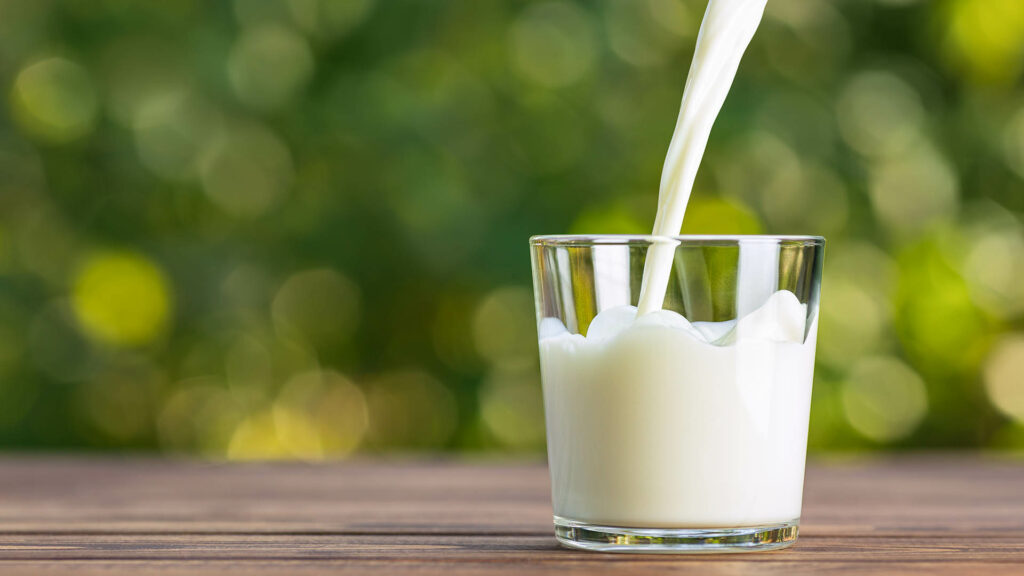Heartburn is a common condition that affects millions of people worldwide. It is characterized by a burning sensation in the chest, often accompanied by regurgitation of stomach acid into the esophagus. Many individuals turn to various remedies to find relief from heartburn, and one popular home remedy that has been used for generations is milk. In this comprehensive guide, we will explore the effectiveness of milk for heartburn and delve into the scientific evidence behind this age-old remedy.
Understanding Heartburn:
Before we delve into the potential benefits of milk for heartburn, it’s essential to understand the underlying causes of this condition. Heartburn occurs when the lower esophageal sphincter (LES), a muscle responsible for preventing stomach acid from flowing back into the esophagus, becomes weak or relaxes inappropriately. This allows stomach acid to reflux, leading to the characteristic burning sensation and discomfort.
The Role of Milk:
Milk is often suggested as a remedy for heartburn due to its alkaline nature. It is believed that the alkalinity of milk can help neutralize stomach acid, providing temporary relief from heartburn symptoms. Additionally, milk may also act as a protective coating for the esophagus, reducing irritation caused by stomach acid.
Potential Benefits of Milk for Heartburn:
Alkaline properties: Milk has a high pH level, meaning it is alkaline in nature. Consuming alkaline substances can help neutralize stomach acid, which is acidic in nature. This neutralization may provide temporary relief from heartburn symptoms.
Coating effect: The thick consistency of milk may create a coating effect in the esophagus, potentially protecting it from irritation caused by stomach acid reflux. This coating effect can help alleviate discomfort and reduce the burning sensation associated with heartburn.
Scientific Evidence:
- While the use of milk for heartburn has been a long-standing tradition, scientific evidence supporting its effectiveness is limited. Most of the studies conducted on this topic are anecdotal, lacking rigorous scientific methodology. However, there are a few studies that have explored the potential benefits of milk for heartburn.
- One study published in The American Journal of Medicine in 1986 examined the effects of various foods and beverages, including milk, on acid reflux. The study found that milk had a neutralizing effect on stomach acid, providing temporary relief from heartburn symptoms. However, the study also noted that the relief was short-lived and not sustainable in the long term.
- Another study published in the Journal of Clinical Gastroenterology in 2012 investigated the impact of milk on acid reflux symptoms. The study found that while milk initially increased the pH levels in the esophagus, it eventually led to an increase in acid production, exacerbating heartburn symptoms in some individuals.
- It’s important to note that these studies have limitations, including small sample sizes and a lack of long-term follow-up. More research is needed to provide a conclusive answer regarding the effectiveness of milk for heartburn.
Tips for Using Milk for Heartburn:
If you decide to try milk as a remedy for heartburn, here are a few tips to consider:
- Choose low-fat or skim milk: Whole milk and high-fat dairy products can stimulate the production of stomach acid, potentially worsening heartburn symptoms. Opting for low-fat or skim milk can help minimize this effect.
- Consume milk in moderation: While milk may provide temporary relief, consuming large quantities can lead to an increase in stomach acid production, potentially exacerbating heartburn symptoms. Stick to moderate amounts and monitor your body’s response.
- Combine milk with other remedies: Milk may be more effective when combined with other heartburn remedies, such as antacids or lifestyle modifications. Talk to your healthcare provider to develop a comprehensive treatment plan.
- Consider individual tolerance: Everyone’s body reacts differently, and what works for one person may not work for another. Pay attention to how your body responds to milk and adjust your treatment accordingly.
When to Seek Medical Advice:
While milk may provide temporary relief from heartburn symptoms for some individuals, it is important to note that it is not a substitute for medical advice or treatment. If you experience frequent or severe heartburn, it is recommended to consult a healthcare professional for proper evaluation and diagnosis. They can help identify the underlying causes of your heartburn and develop an appropriate treatment plan.
In conclusion, milk is a popular home remedy for heartburn due to its alkaline properties and potential coating effect. While there is limited scientific evidence supporting its effectiveness, many individuals report temporary relief from heartburn symptoms after consuming milk. However, it is important to approach milk as a remedy with caution and moderation. If you experience persistent or severe heartburn, it is advisable to seek medical advice for proper evaluation and treatment.

